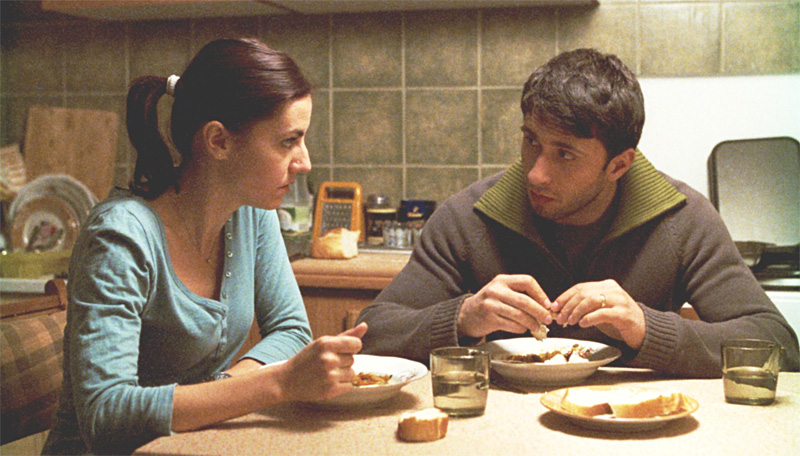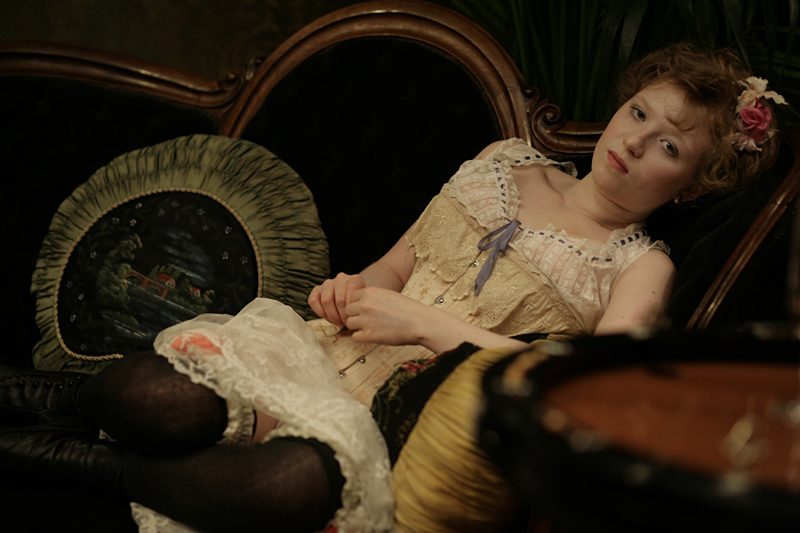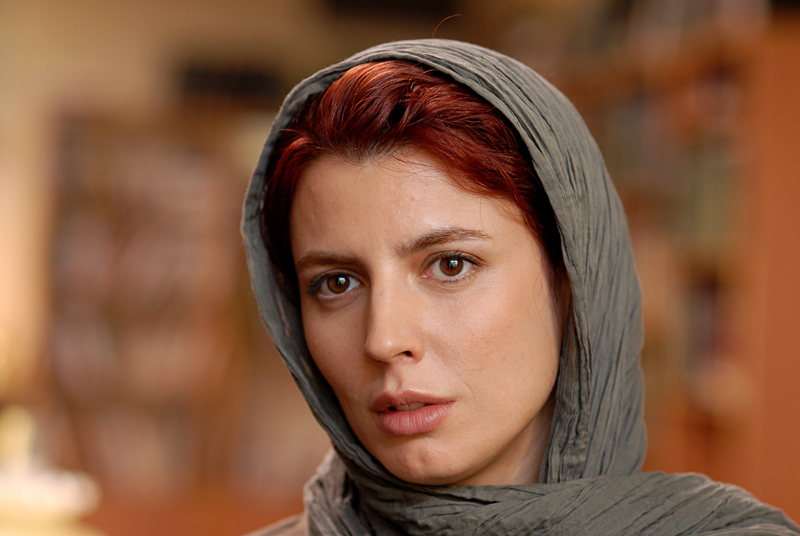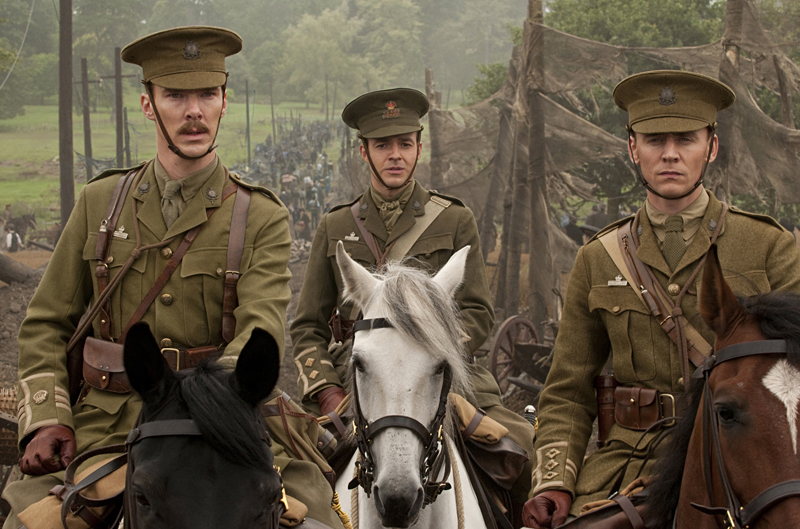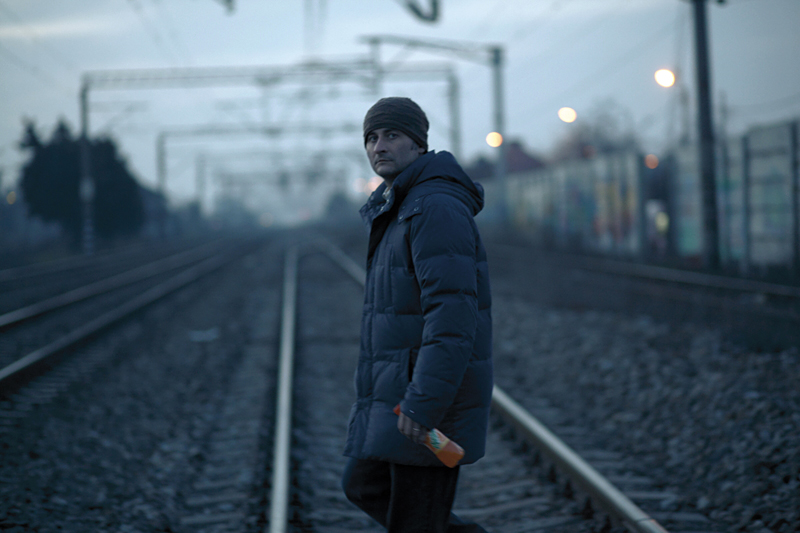Detective stories imply that mysteries can be solved, or at least rationally explained, and confirm a universe in which guilt is determined and the guilty accorded just deserts. Such are the underpinnings of Romanian filmmaker Corneliu Porumboiu’s remarkably self-effacing and highly intelligent comedy Police, Adjective—a philosophical crime film that substitutes irony for suspense. Three high-school kids have been reported smoking weed. For much of the movie, we watch the conscientious young plainclothes detective (Dragos Bucur) watch them, then dutifully collect bits of evidence and file reports in which the raw data of clues is transformed into the basis for an argument. Although it’s not entirely clear exactly which kid is committing the crime of supplying the others with pot, there’s enough free-floating incrimination to bust someone. The detective’s supervisor orders him to make the collar, but the detective, who has concluded that the “squealer” is setting up his friend, demurs. Making his own judgment on the evidence, the detective deems the crime too minor to warrant prosecution. In this disinclination to identify and punish, the cop not only transgresses the rules of the detective genre but also confounds the state’s need to identify individual guilt and evade collective responsibility. Police, Adjective is a deadly serious as well as dryly humorous analysis of bureaucratic procedure and, particularly, the tyranny of language. Images may record reality, but words define it.
